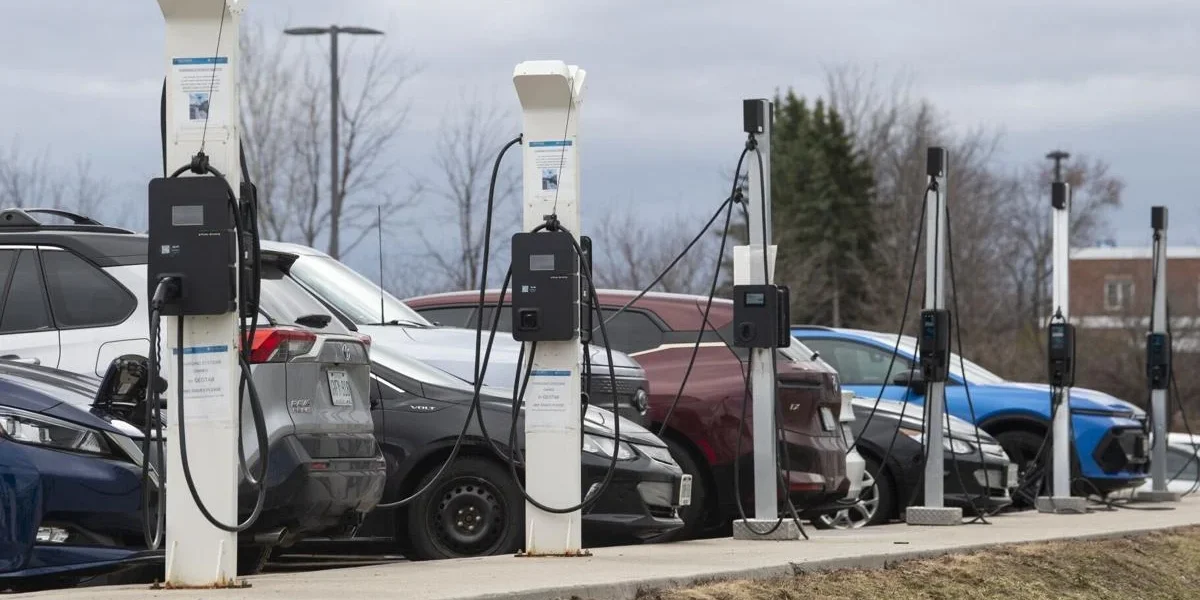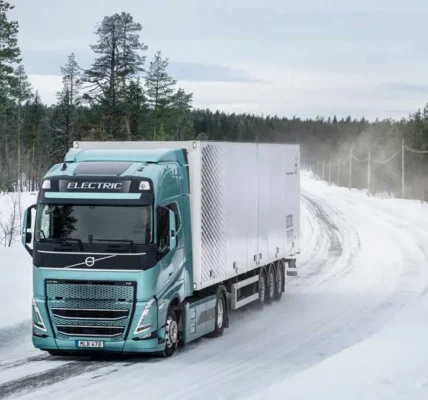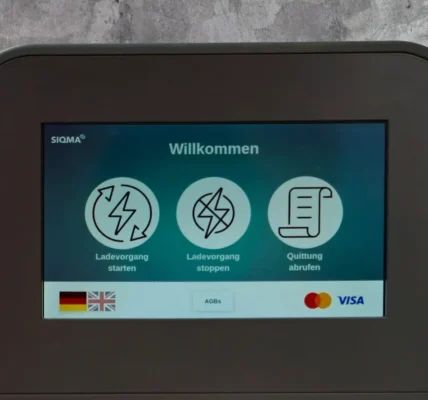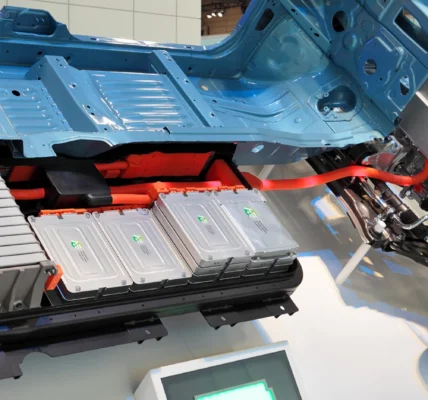WiTricity, one of the highest-profile startups in the electric vehicle charging business, quietly closed what had been its main office in Watertown earlier this year. WiTricity’s new headquarters is in Midway, Georgia, on the outskirts of Savannah. That’s where the company’s new CEO, Joe Benz, resides — but he says there were other reasons for the relocation.
Chief technology officer Morris Kesler calls the Watertown office closure “a cost-saving measure” and says that “there are a handful of staff still based in Massachusetts and working remotely.” Benz says about 80 people work for WiTricity, down from a peak of more than 100, according to former employees.
The company was born in 2007 to commercialize a technology invented at MIT that can “beam” electricity over short distances, with minimal energy loss. Though the company explored using its technology to wirelessly charge laptops or phones placed on a desk, for much of its life, WiTricity has focused on wireless charging of electric cars, working with manufacturers like BMW, Toyota and Hyundai. But the technology — which required a charging pad to be installed in a driver’s garage or driveway and a charging receiver built into the car — only made its way into a very small number of leased vehicles. Installing a charging pad and the receiver in the vehicle added roughly $5,000 in costs; the company aimed to bring that down to $2,500 over time.
Talks with Tesla about integrating the WiTricity technology into its vehicles seemed to be progressing but were eventually put on ice, according to one former employee. (Tesla has long been the world’s top maker of electric vehicles, but it is now being challenged by BYD of China.)
WiTricity is now focused on making equipment that will enable wireless charging of golf carts and so-called “neighborhood electric vehicles” — golf carts used for transportation off courses, Benz says.
While sales of electric cars haven’t taken off as the company once predicted, he says these smaller vehicles can provide WiTricity “a nice little niche business that generates revenue here and now,” before the passenger car market grows to higher sales volumes. Benz expects that may take until 2029 or 2030.
Several major manufacturers of golf carts, including Club Car and E-Z-Go, are located in Georgia. Benz also plans to focus the company on enabling wireless charging of electric “yard tractors” — heavy-duty vehicles that move cargo trailers around ports or railyards — and he notes that the Port of Savannah is expanding.
Several key executives have departed WiTricity in recent months, including the company’s head of human resources, chief marketing officer, senior vice president of engineering, and chief financial officer. Benz says that “all of our key positions are filled,” but wouldn’t be more specific.
WiTricity has found itself on the losing end of two recent lawsuits related to patents on its wireless charging technology.
Will Graylin, an entrepreneur who has tracked the company, says WiTricity has struggled because the company has had “a solution looking for a problem.” And instead of being able to make and sell a product, it has had to wait for car makers — and now golf cart makers — to choose to integrate its technology.
“That’s very difficult in a market like EVs that is just not there yet,” says Graylin, chief executive of indiGo, a Woburn company that designs electric and autonomous vehicles for ride-share and delivery services.
The state of Georgia didn’t offer incentives to persuade WiTricity to relocate its headquarters there from Massachusetts, Benz says. He expects the company will try to raise additional funding in 2025. WiTricity has already raised more than $150 million in venture capital funding — some of it from investors such as Foxconn, Intel and Mitsubishi.
One more bump in the road for WiTricity: it had been planning to manufacture its new gear for golf cart charging in China. That means the product would face a 145% tariff when it is shipped into the U.S. Benz says the company has begun to explore domestic manufacturing options.








